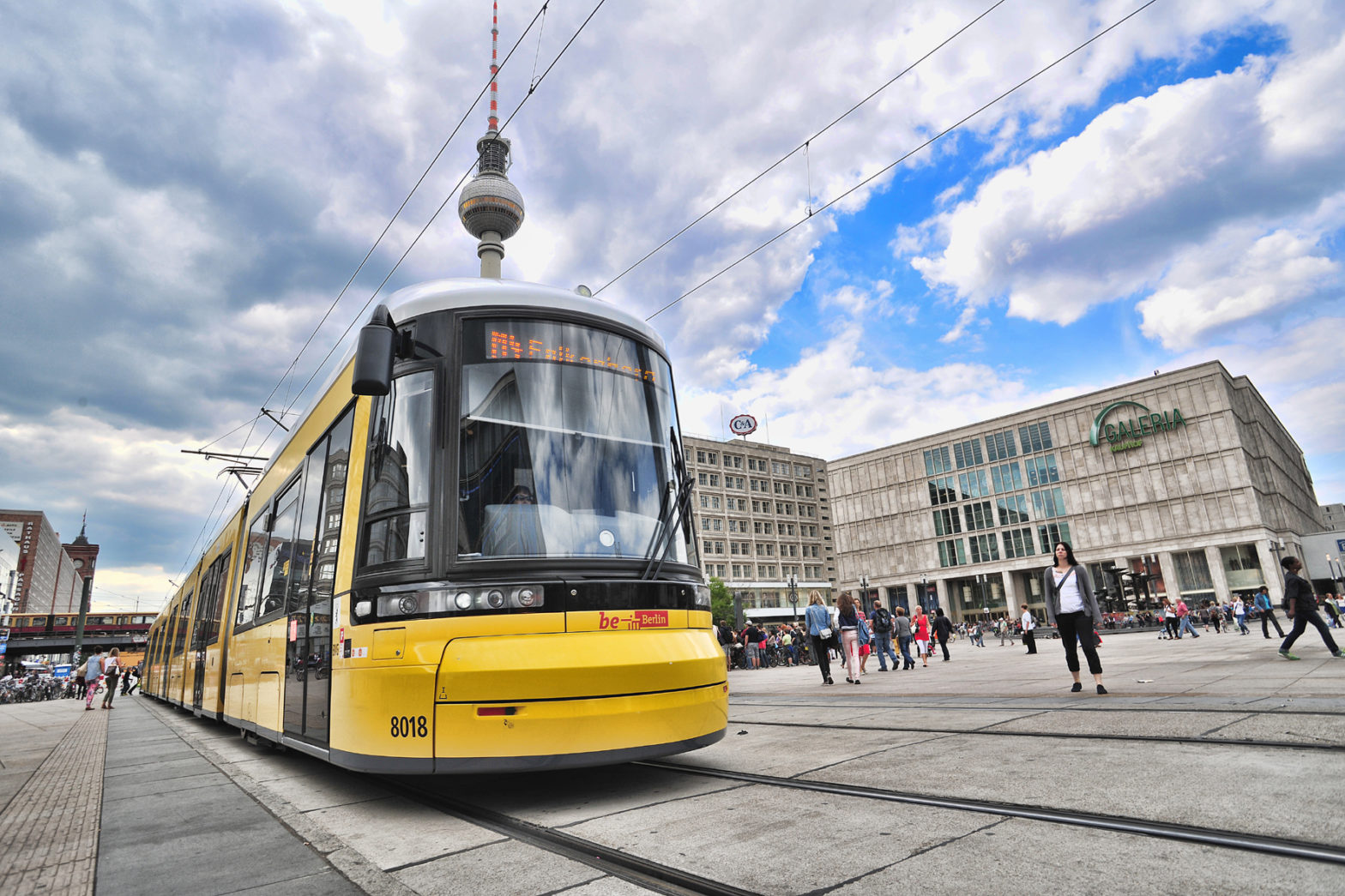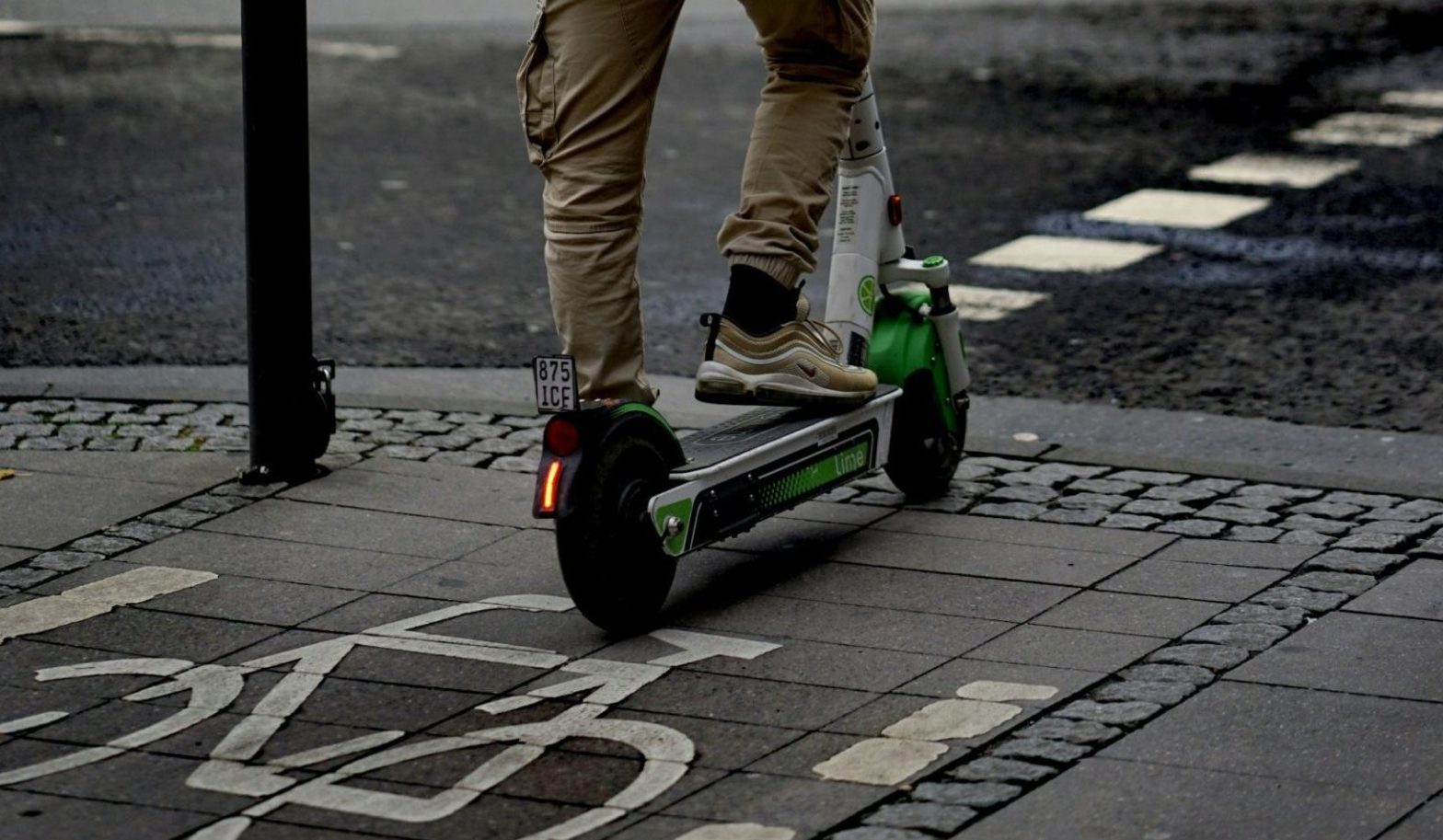
Photo: Sven Lambert/BVG
Germany introduces €9 unlimited monthly public transit pass
31 May 2022
by Christopher Carey
The German government is launching a €9 ($US9.60) unlimited monthly travel pass this week as part of plans to boost public transport ridership and ease the effects of inflation and skyrocketing energy costs.
From 1 June to 31 August 2022, anyone who purchases the discounted ticket can travel as many times as they want across all forms of public transport throughout Germany – including buses, U-Bahns, S-Bahns, trams, and local and regional trains – for one calendar month.
Passengers have been able to pre-book tickets in advance of the launch and several cities, including the capital Berlin, have reported high levels of sales.
Jannes Schwentu, spokesperson at Berlin’s public transit operator Berliner Verkehrsbetriebe, told Cities Today: “As of Monday [30 May], we have sold around 520,000 €9 tickets – with the scheme set to start on 1 June.
“This shows how much interest there is for this offer. We want to make this interest last and keep those new passengers long-term.
“We will use the next three months to gather information on where public transport needs to be further strengthened in order to help people make the switch from private car use to sustainable public transport.”
Savings
While long-distance, high-speed train services between German cities are excluded from the deal, the €9 ticket can be used within any German city and on slower regional trains – meaning inter-city travel is possible.
With 24-hour public transport passes in Berlin costing €8.80 and single trips in Munich costing as much as €3.50, the new scheme will provide a significant saving to customers.
Tickets can be bought through the DB Navigator App (Germany’s official railway company app), or from the websites and apps of the country’s different regional and city transport companies.
Germany’s federal Transport Minister Volker Wissing said: “I am very pleased that the federal government, the federal states and the industry have managed together to implement this mammoth project in such a short time.
“In a real crisis, we launched something that specifically helps people, saves energy and at the same time makes an important contribution to climate protection.
“We also expect additional passengers from the €9 ticket, who will permanently change trains and strengthen public transport.”
Growing trend?
Across Europe, several countries have reduced transport fares as rising inflation and energy costs continue to hit consumers hard.
Earlier this month, Ireland cut fares for the first time in almost 75 years as part of plans to reduce the cost of living and encourage sustainable transport. Subsidised bus and train routes – which make up the bulk of the country’s public transport – were reduced by 20 percent for the rest of the year, while young adults aged 19-23 can get a 50 percent reduction on fares.
In May, Italy announced that students and workers earning below €35,000 could apply for a one-off €60 public transit e-voucher.
From April, New Zealand also halved public transport fares for three months.
Image: Sven Lambert/BVG











